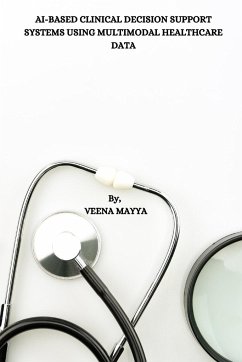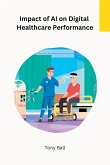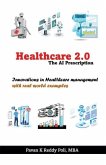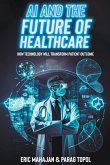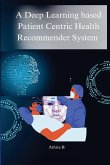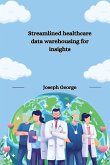Healthcare analytics is a branch of data science that examines underlying patterns in healthcare data in order to identify ways in which clinical care can be improved - in terms of patient care, cost optimization, and hospital management. Towards this end, Clinical Decision Support Systems (CDSS) have received extensive research attention over the years. CDSS are intended to influence clinical decision making during patient care. CDSS can be defined as "a link between health observations and health-related knowledge that influences treatment choices by clinicians for improved healthcare delivery".A CDSS is intended to aid physicians and other health care professionals with clinical decision-making tasks based on automated analysis of patient data and other sources of information. CDSS is an evolving system with the potential for wide applicability to improve patient outcomes and healthcare resource utilization. Recent breakthroughs in healthcare analytics have seen an emerging trend in the application of artificial intelligence approaches to assist essential applications such as disease prediction, disease code assignment, disease phenotyping, and disease-related lesion segmentation. Despite the significant benefits offered by CDSSs, there are several issues that need to be overcome to achieve their full potential. There is substantial scope for improvement in terms of patient data modelling methodologies and prediction models, particularly for unstructured clinical data. This thesis discusses several approaches for developing decision support systems towards patient-centric predictive analytics on large multimodal healthcare data. Clinical data in the form of unstructured text, which is rich in patientspecific information sources, has largely remained unexplored and could be potentially used to facilitate effective CDSS development. Effective code assignment for patient clinical records in a hospital plays a significant role in the process of standardizing medical records, mainly for streamlining clinical care delivery, billing, and managing insurance claims. The current practice employed is manual coding, usually carried out by trained medical coders, making the process subjective, error-prone, inexact, and time-consuming.

